In both my work and personal life, I often get asked this question: “With smartphone cameras becoming so advanced, do we still need to buy a professional camera?” This is an interesting question, and it has made me think deeply. As someone who closely follows the development of smartphones and loves photography, I want to share my thoughts with you in this article.
First, we must acknowledge that smartphone cameras have made incredible strides in recent years. Whether it’s the flagship models from Apple or Samsung, or brands like Huawei and Xiaomi that emphasize photography, smartphone cameras have evolved with innovations in hardware and algorithms, allowing everyday users to take high-quality photos effortlessly. AI photography, in particular, has enabled users to snap professional-looking shots with just a tap of a button.
However, on the other hand, professional cameras still hold undeniable advantages when it comes to image quality, features, and creative freedom. So, when is a smartphone enough? And when is a professional camera a must? In the following, I’ll explore several perspectives to help answer these questions.
1. Scenarios Where Smartphones Are Enough: A Handy Tool for Daily Life
The main advantage of smartphones lies in their portability and instant usability. In the following scenarios, smartphones are more than capable of handling your photography needs:
1. Quick Shots: Easily Capture Everyday Moments
Many of the beautiful moments in life are fleeting. Here, smartphones shine. Whether it’s your child’s innocent smile or a beautifully plated dish, you can quickly grab your phone, open the camera, and capture the moment in seconds.
Modern smartphones don’t just take pictures—they enhance them. For example, when taking a shot of food, the phone will automatically increase the saturation, making the image more appetizing. When capturing portraits, the algorithms will soften skin tones and enhance background blur, giving the photo a more artistic touch.
2. Travel Light: Compact and Effortless
When traveling, every gram of weight in your bag matters. Unless you’re a professional photographer or have very specific shooting needs, smartphones can meet most of your travel photography requirements. For example, the latest flagship smartphones can capture stunning high-resolution landscape photos, while the ultra-wide-angle lenses can fit vast natural scenery or towering architecture into one frame. Additionally, their night mode allows for clear photos even in low light.
With a smartphone, you can easily document your trip with minimal gear, and at the same time, share these moments instantly on social media.
3. Video Recording: A Creator’s Best Friend
For those who enjoy making short videos or content creation, a smartphone is an excellent tool. From 4K video recording to slow-motion capabilities and the convenience of video editing apps, smartphones provide an easy and powerful platform for any creator.
In environments with good lighting, the video quality from smartphones can even rival that of entry-level cameras, making them a fantastic choice for those into vlogging or video content creation.
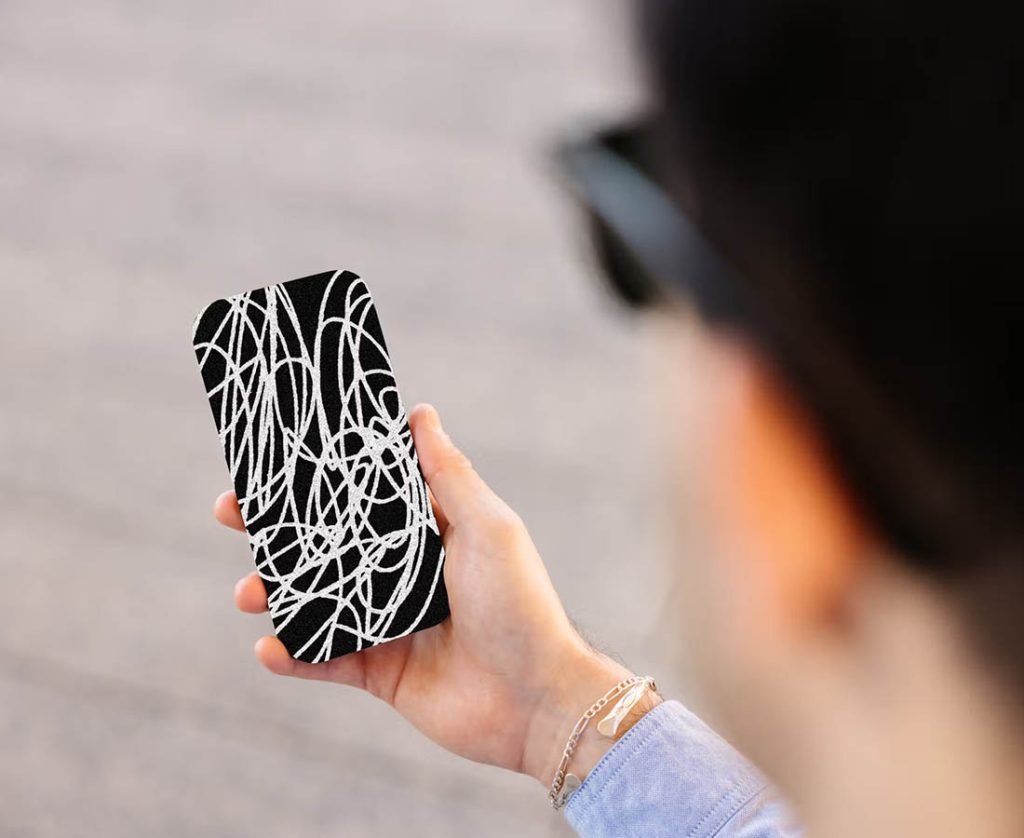
2. Scenarios Where a Camera Truly Shines: For Detail and Creative Control
While smartphones have come a long way, there are still specific situations where a professional camera outperforms them. If you have a high standard for image quality or want to explore the artistic side of photography, a professional camera is the better choice.
1. Image Quality and Detail: The Overwhelming Advantage of Cameras
No matter how advanced smartphone cameras get, the size of their sensors is still much smaller than that of professional cameras. Sensor size plays a significant role in image quality and the level of detail in a photo. Particularly in low-light environments, a larger sensor can capture more light, resulting in less noise and a higher dynamic range.
If you’re editing photos or printing them in large formats, the RAW files from a professional camera provide much more room for post-processing. On the other hand, smartphone photos are typically compressed, limiting the flexibility for further adjustments.
2. Lens Variety: The Unmatched Versatility of Camera Lenses
One of the biggest advantages of a professional camera is the ability to switch lenses. From ultra-wide to telephoto, macro to portrait lenses, the versatility of camera lenses allows you to choose the right one for any given situation. For example:
- Landscape Photography: An ultra-wide lens can capture breathtaking views with a wide field of view.
- Portrait Photography: A prime lens provides better background blur, giving the subject a more professional look.
- Wildlife Photography: A telephoto lens allows you to capture animals from a distance, something a smartphone cannot do.
While high-end smartphones now have multi-lens setups, the optical quality of these lenses still cannot match the versatility and performance of professional camera lenses.
3. Creative Control: Cameras Allow for Full Artistic Freedom
For photography enthusiasts, a camera’s manual mode is a real joy. From adjusting shutter speed and aperture to ISO sensitivity, photographers can control every aspect of their shot. This level of creative control is something smartphones can’t replicate.
For example, if you want to capture the stars in a long-exposure shot, a camera’s long-exposure feature allows you to capture the star trails clearly. However, smartphones often struggle in such low-light situations and are unable to deliver the same level of performance.
3. How Can Smartphones and Cameras Coexist?
In reality, smartphones and cameras are not mutually exclusive but can complement each other perfectly. If you’re a casual user who primarily wants to capture daily moments, a smartphone is sufficient. However, if you are a photography enthusiast or need to shoot professional-grade photos, a camera remains an indispensable tool.
If you’re an everyday user who wants to capture life’s moments, a smartphone with a great camera is more than enough. But if you’re a photography hobbyist or someone who regularly works on professional photo shoots, investing in a camera is well worth it.
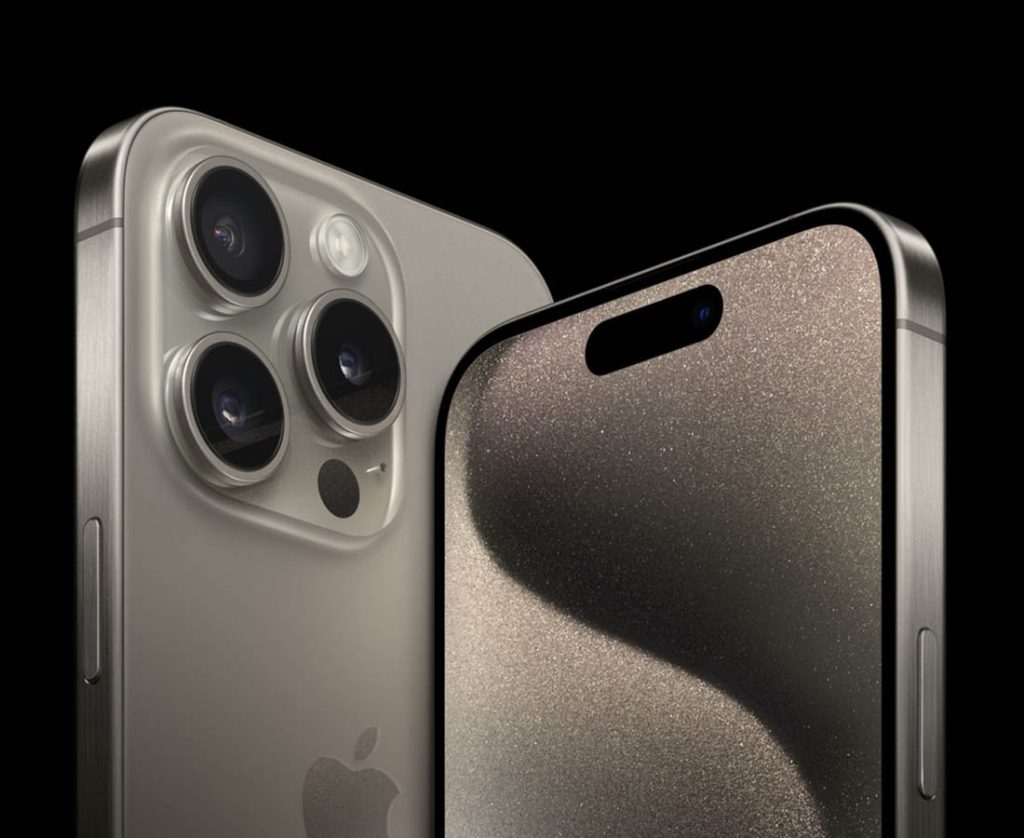
4. Recommended Products
Finally, I want to recommend two products related to this topic that stand out in the smartphone and camera categories:
- Apple iPhone 15 Pro
The iPhone 15 Pro offers outstanding camera capabilities, with a 48MP main sensor and multiple lens options. Whether you are shooting everyday moments or capturing landscapes while traveling, this phone delivers excellent results. Its new optical image stabilization features also enhance night photography. - Sony Alpha 7 IV
The Sony Alpha 7 IV is a full-frame mirrorless camera that offers exceptional image quality and a wide range of lens options. It’s ideal for anyone serious about photography, whether it’s landscape, portrait, or commercial photography.
If you have any questions or want to share your photography experiences, feel free to leave a comment below! Let’s explore the endless possibilities of capturing the world!
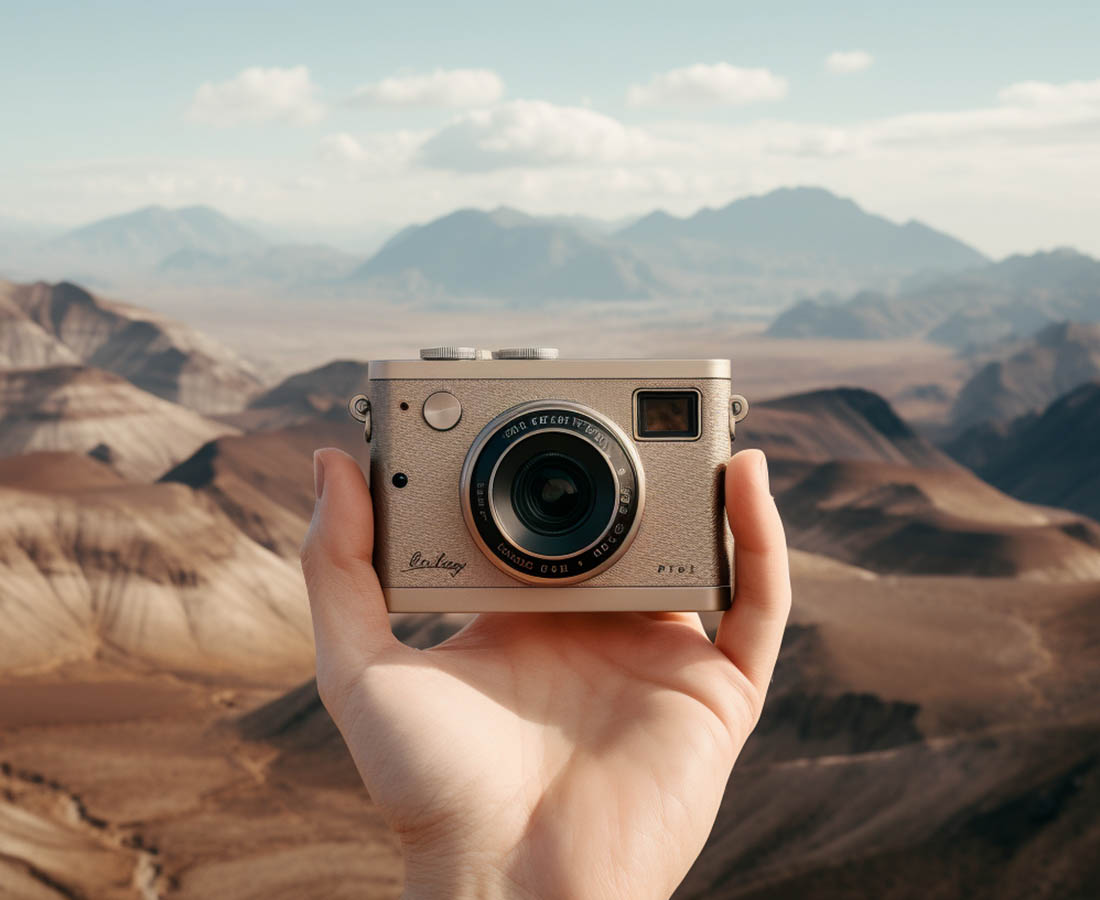
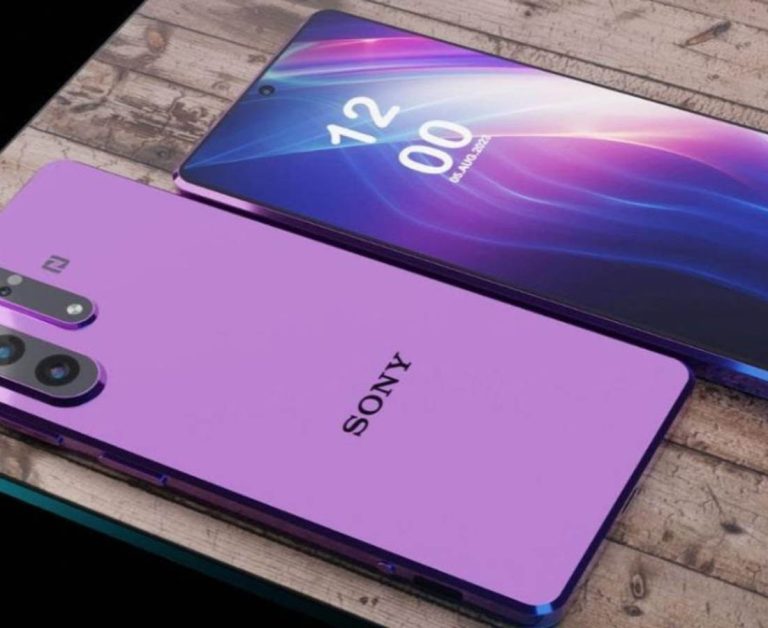
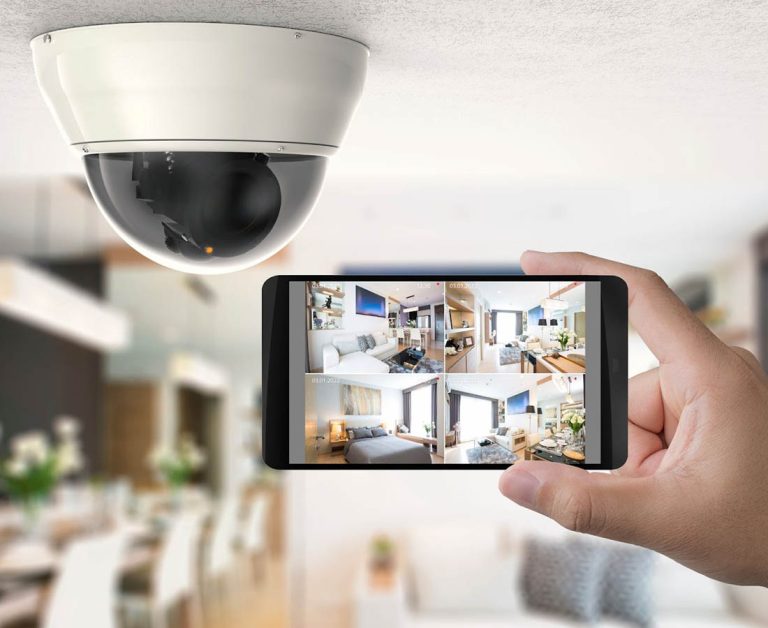
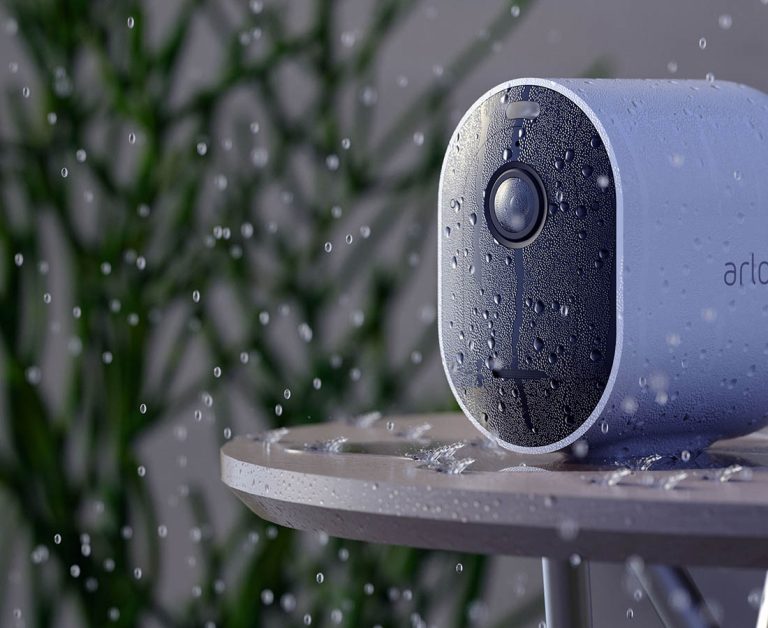





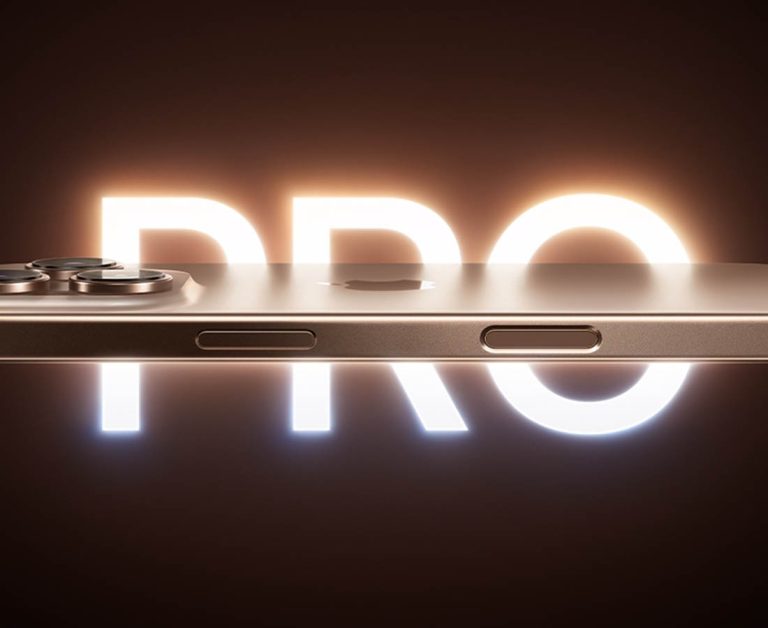


+ There are no comments
Add yours